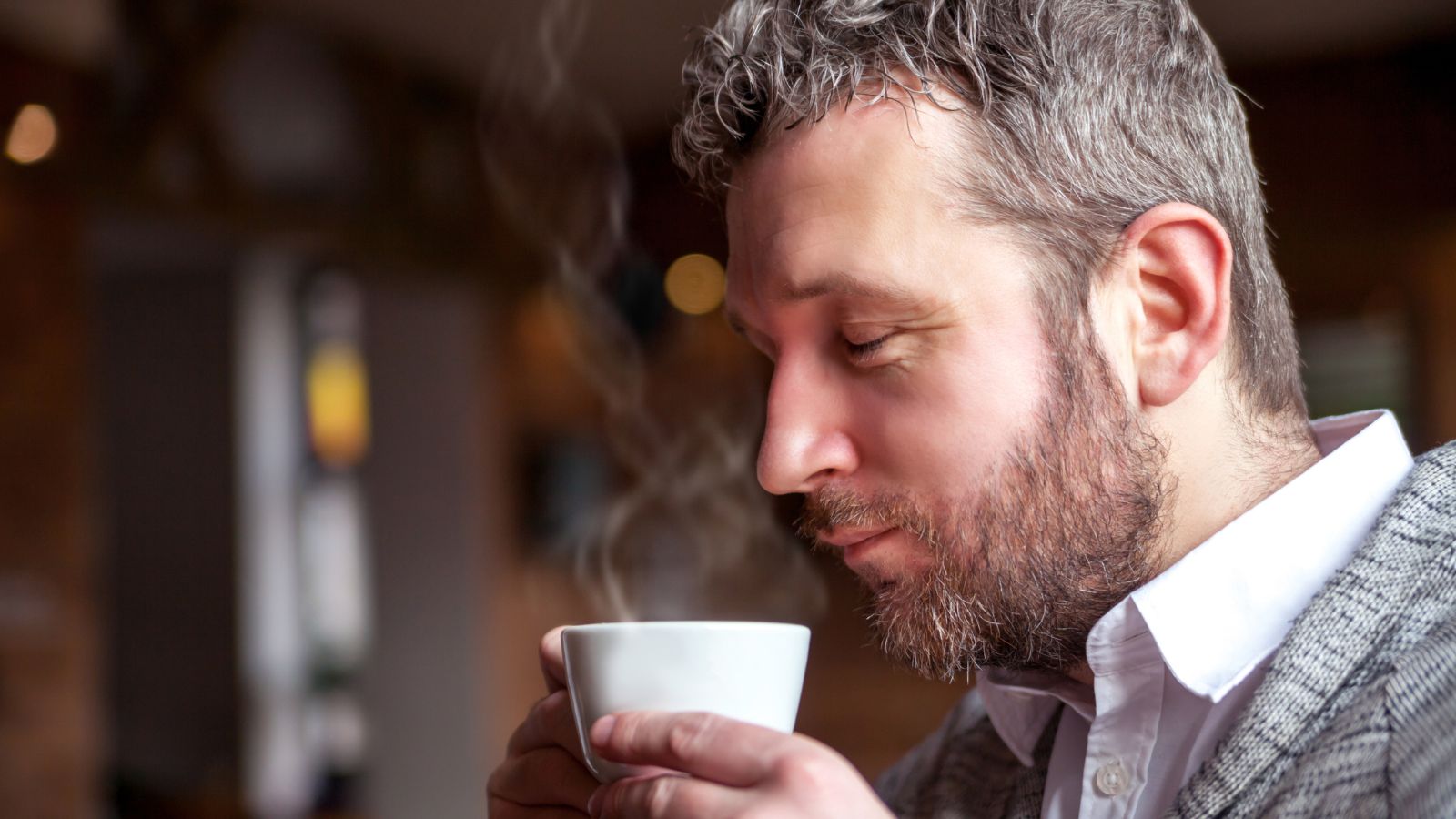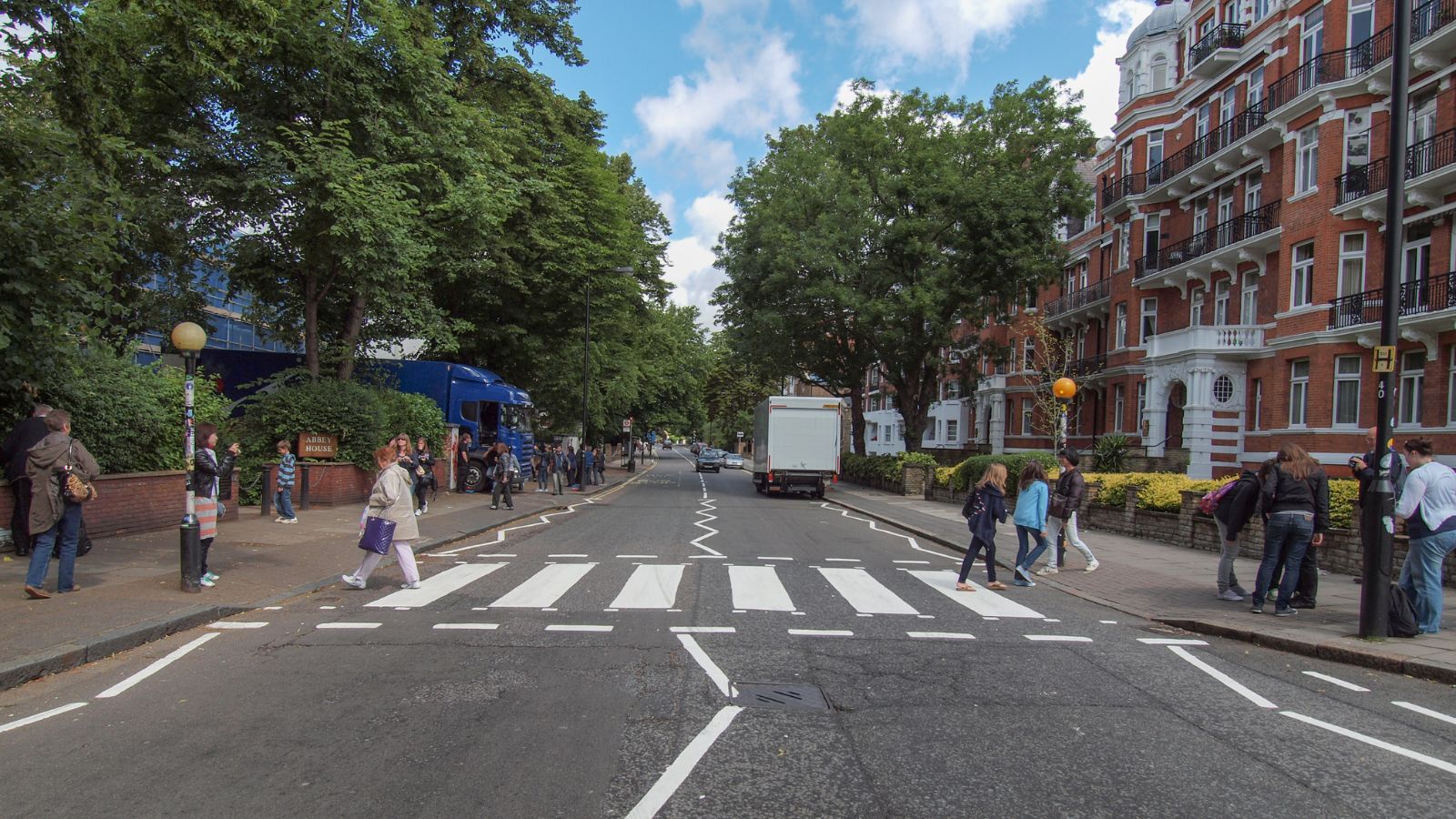British politeness is famous worldwide, but many misconceptions surround this stereotype. Some beliefs about British manners are just plain wrong, while others are blown out of proportion. Let’s debunk 18 of these myths and get to the heart of what British politeness is all about.
All Brits Are Polite

“Terribly sorry—but Britain’s famed politeness may be a myth,” says The Guardian. While politeness is a cultural value in the UK, not everyone embodies this trait all the time. Just like anywhere else, you’ll find people with different personalities and manners.
Politeness Equals Friendliness

Many people think that being polite means being friendly. However, politeness often involves maintaining a certain level of formality and distance. Saying “please” and “thank you” doesn’t always mean someone wants to be your best friend; it’s more about showing respect.
Apologising Means Taking the Blame

In Britain, people often say “sorry” as a reflex, even when they haven’t done anything wrong, and this can be confusing for outsiders who think an apology implies guilt. In reality, “sorry” is often used to smooth over social interactions and show empathy rather than to admit fault.
Queueing Is a National Pastime

People in the UK are famous for their orderly queues, and it’s true that they generally respect the queueing system. However, the idea that queueing is a beloved national pastime is an exaggeration. People queue because it’s practical and fair, not because they enjoy it.
Tea Solves Everything

There’s a stereotype that Brits believe a cup of tea can fix any problem. While tea is a popular beverage and often offered in times of stress or discomfort, it’s not seen as a magical cure-all. Offering tea is more about providing comfort and a moment to pause.
The British Stiff Upper Lip

The notion of the ‘stiff upper lip’ suggests that residents of the UK always remain calm and composed, never showing their emotions. While some people might adhere to this ideal, many are quite open about their feelings. The idea of repressing emotions is becoming less prevalent, and people are increasingly encouraged to talk about their mental health.
Excessive Use of Titles

Another myth is that Brits are obsessed with titles and formal addresses. While titles like “Mr,” “Mrs,” and “Dr” are used more frequently than in some other cultures, everyday interactions are usually quite casual. In many workplaces and social settings, first names are commonly used.
All Brits Speak the King’s English

The perception that all people speak in posh accents is far from accurate. This country is home to a wide range of regional accents and dialects, each with its own unique characteristics. From the Geordie accent in Newcastle to the Scouse accent in Liverpool, British English is incredibly diverse.
Politeness Means Avoiding Conflict

It’s often believed that Brits avoid conflict at all costs to maintain politeness. While they might approach disagreements in a more understated way, this doesn’t mean they shy away from conflict entirely, as they can be quite direct when necessary. They just tend to do so in a more reserved manner.
Small Talk Is Meaningless

Small talk in Britain is sometimes seen as trivial or insincere, yet it plays a crucial role in social interactions. It helps to build rapport and ease into more significant conversations. Discussing the weather, for instance, is a way to establish a connection without diving into more personal topics right away.
Being Polite Means Being Passive

Some think that politeness within the UK means being passive or not standing up for oneself. In reality, Brits can be very assertive, but they often express this assertiveness in a more understated way, as they might use indirect language or humour to make a point.
All Brits Follow the Rules

The stereotype that all are strict rule-followers is another myth—while many do respect rules and regulations, there are plenty who challenge or bend them, just like in any other country. This can be seen in various aspects of life, from jaywalking to creative interpretations of workplace policies.
Brits Are Always Reserved

While some people from the UK may be more introverted or private, many are quite sociable and outgoing. Social behaviours can vary widely depending on the context and the individual, and Brits enjoy lively conversations, social gatherings, and making new friends—just like people everywhere.
Compliments Are Rare

It’s simply not true that British locals rarely give compliments; they just might do so in a more understated way. Compliments are definitely part of British communication. Instead of lavish praise, you might hear subtle acknowledgments like “not bad” or “quite good,” which, in British terms, can be high praise.
Politeness Is the Same Everywhere in the UK

Assuming that politeness is uniform across the UK overlooks regional differences. What might be considered polite in London could be seen differently in Glasgow or Cardiff, as each region has its own social norms and expectations when it comes to manners.
All Brits Have a Dry Sense of Humour

British humour is often described as dry or sarcastic, but this doesn’t apply to everyone because there are many different types of humour across the country. What one person finds funny, another might not. While dry wit is certainly popular, so are slapstick, wordplay, and other comedic styles.
Politeness Masks True Feelings

Some believe that politeness in this country is just a façade hiding people’s true feelings. Brits might not always be overtly expressive, but this doesn’t mean they are insincere. Politeness is about showing respect and consideration for others, and they often value subtlety.
All Brits Are Tolerant and Accepting

Lastly, while many natives of the UK are open-minded and tolerant, it’s a myth to think that everyone fits this description. Like any country, the UK has its share of prejudices and intolerance. However, British politeness can sometimes mask these attitudes, making them less visible on the surface.







